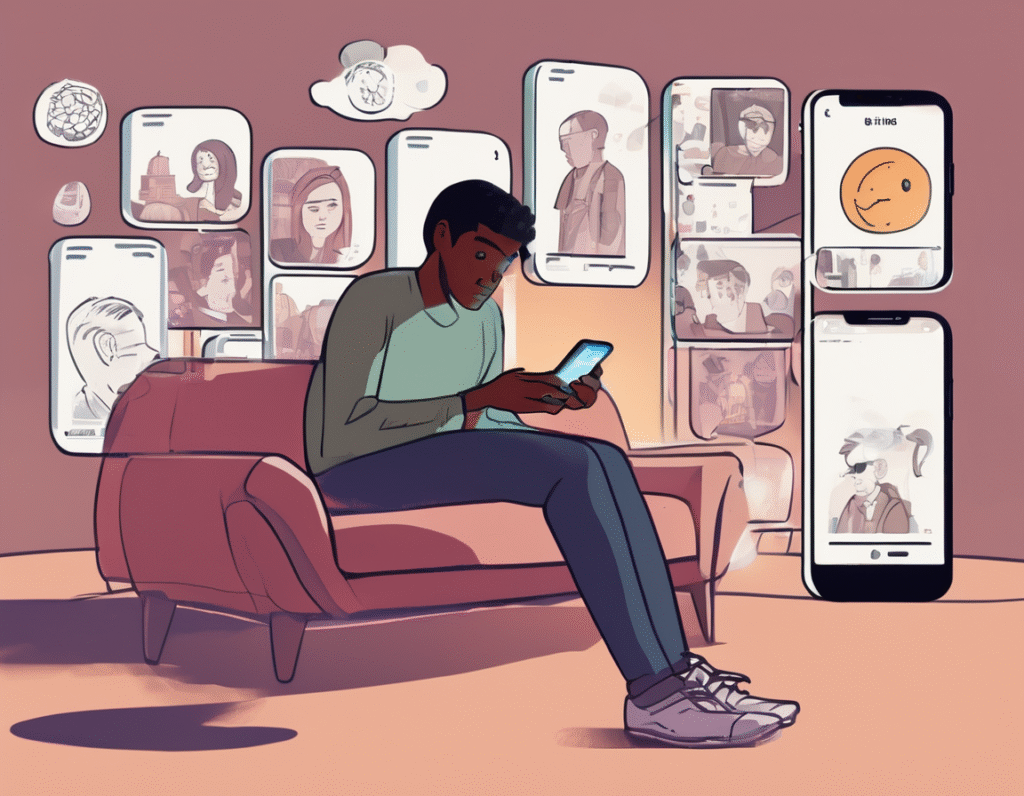Facebook Dating Bets on AI to Cure Swipe Fatigue with a Chatbot and a Weekly Surprise Facebook Dating is leaning into the AI craze, introducing two new tools that aim to reinvent how users find potential partners. The move suggests that the company believes large language models hold the key to solving the complexities of modern dating. The first feature is an integrated chatbot, dubbed a dating assistant, designed to act as a personal matchmaker. According to the announcement, users can ask this assistant to find prospective dates based on specific criteria. The example provided was a user asking the assistant to Find me a Brooklyn girl in tech. Beyond searching, the AI is also promoted as being able to suggest date ideas and offer advice for improving a user’s dating profile. This dating assistant will begin a gradual rollout to users in the United States and Canada within the Matches tab. The second AI-powered addition is called Meet Cute. This feature uses what the company describes as a personalized matching algorithm to deliver a single, surprise candidate each week that the system determines a user might like. The blog post did not elaborate on the specific data points or methods the algorithm uses to assess compatibility. For users who prefer not to receive these algorithmic suggestions, the option to opt out of Meet Cute will be available at any time. Both features are explicitly framed as solutions to combat swipe fatigue, the sense of burnout that can come from the endless scrolling and swiping common on many dating apps. The implication is that by delegating the search to an AI or accepting a curated weekly suggestion, the user experience can become less tedious and more intentional. The introduction of these tools raises questions about user behavior and data privacy. The effectiveness of an AI in understanding nuanced human preferences for companionship remains untested on this scale. Furthermore, the prospect of users employing an open-ended chatbot to find matches invites speculation about how the feature will be used in practice, and whether it will be adopted in a manner that is consistently respectful. For a certain subset of users, these AI additions might be a welcome change. Specifically, for those who are active on Facebook, already use its dating service, and feel overwhelmed by the traditional swiping model, these features could offer a novel approach. The success of the initiative will likely depend on the AI’s ability to make genuinely better matches than users can find on their own through manual browsing.

